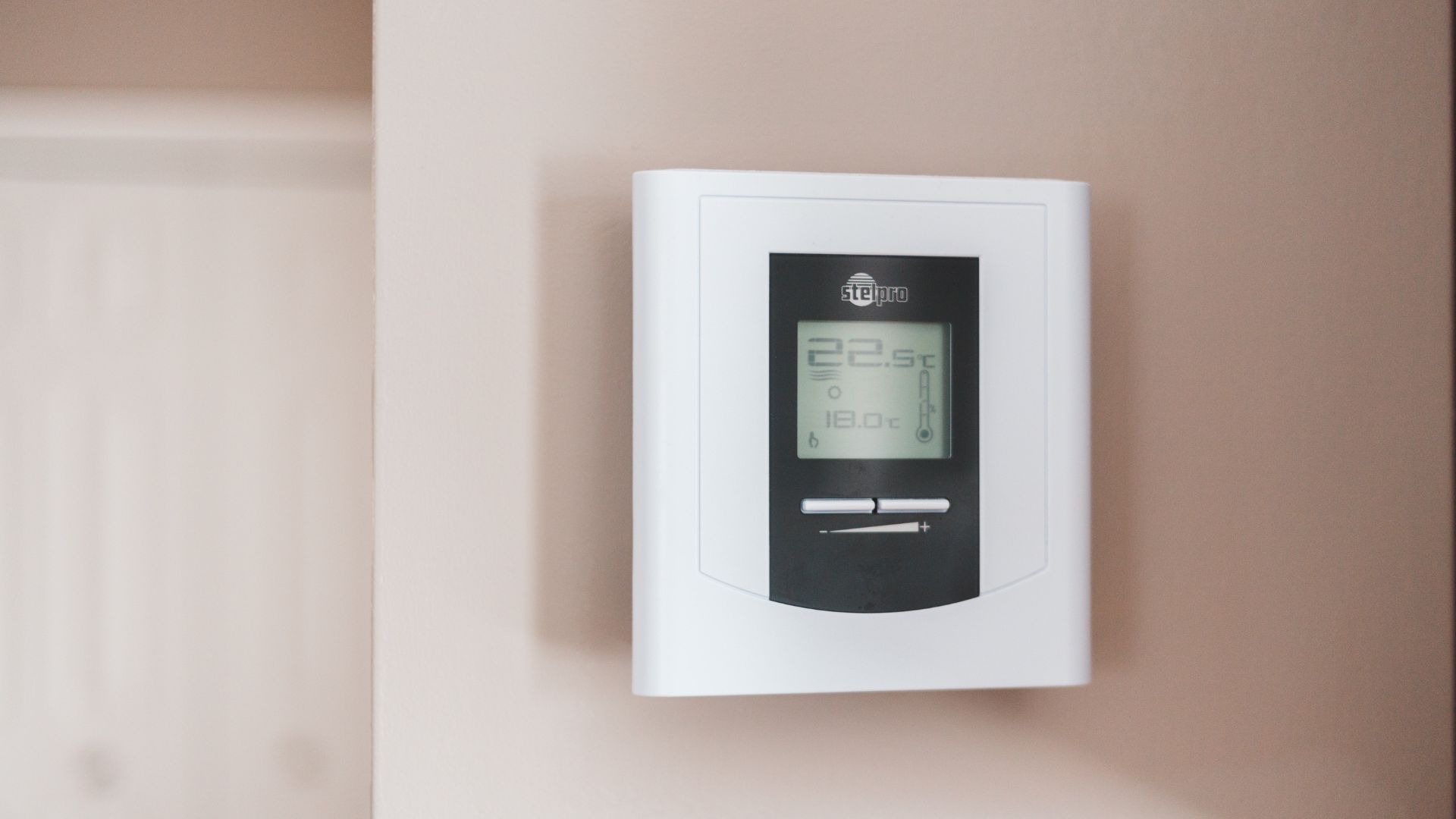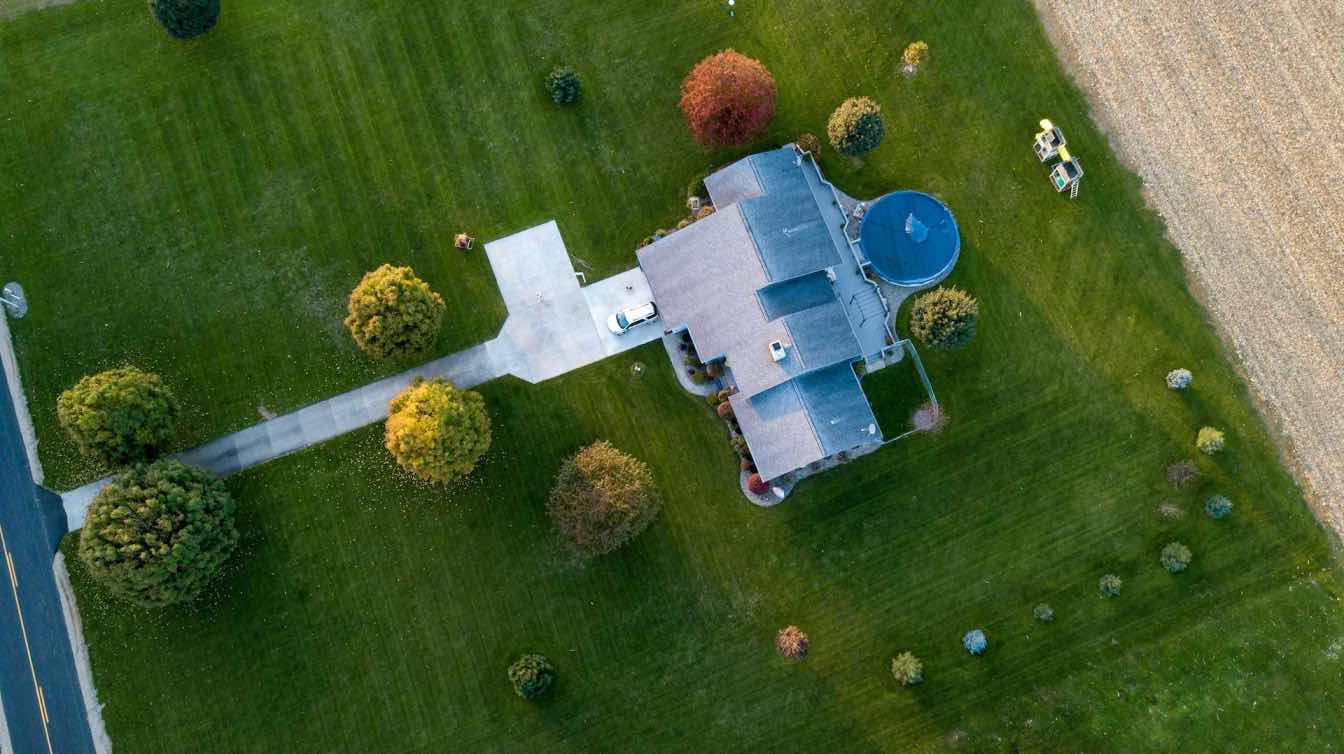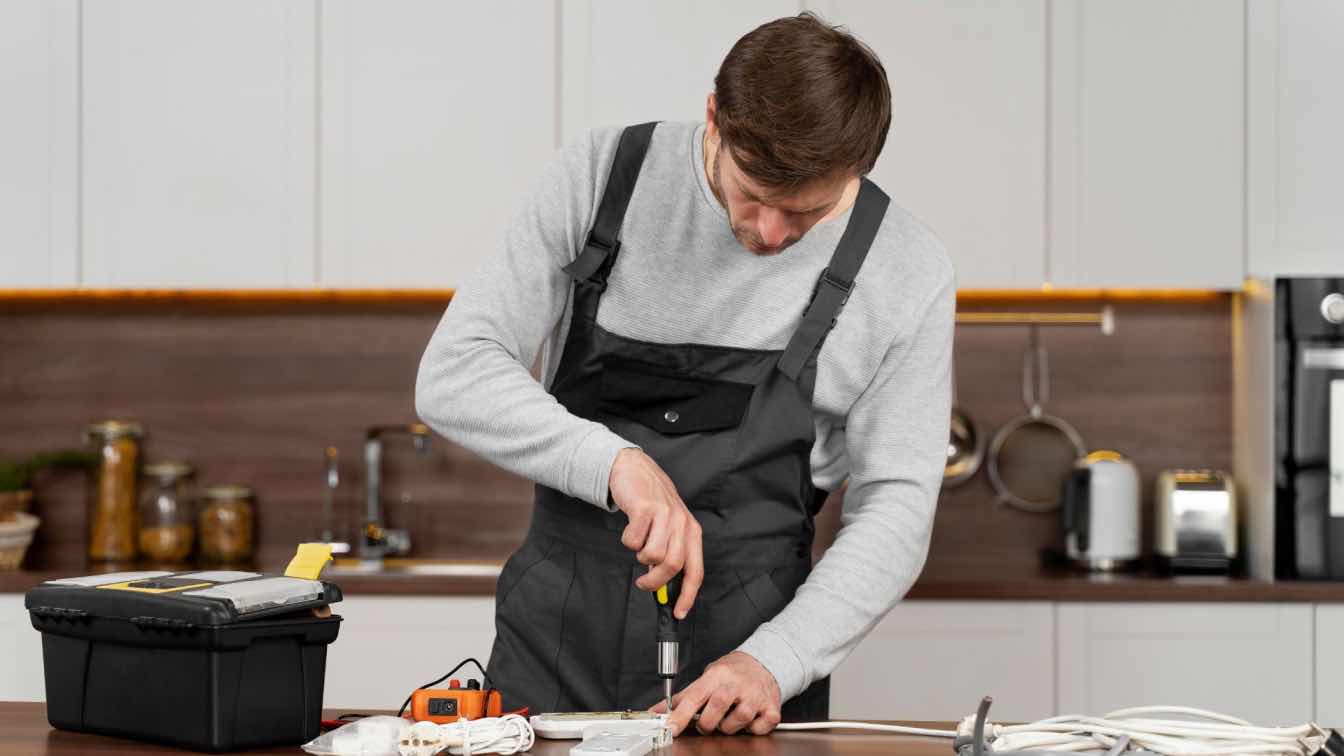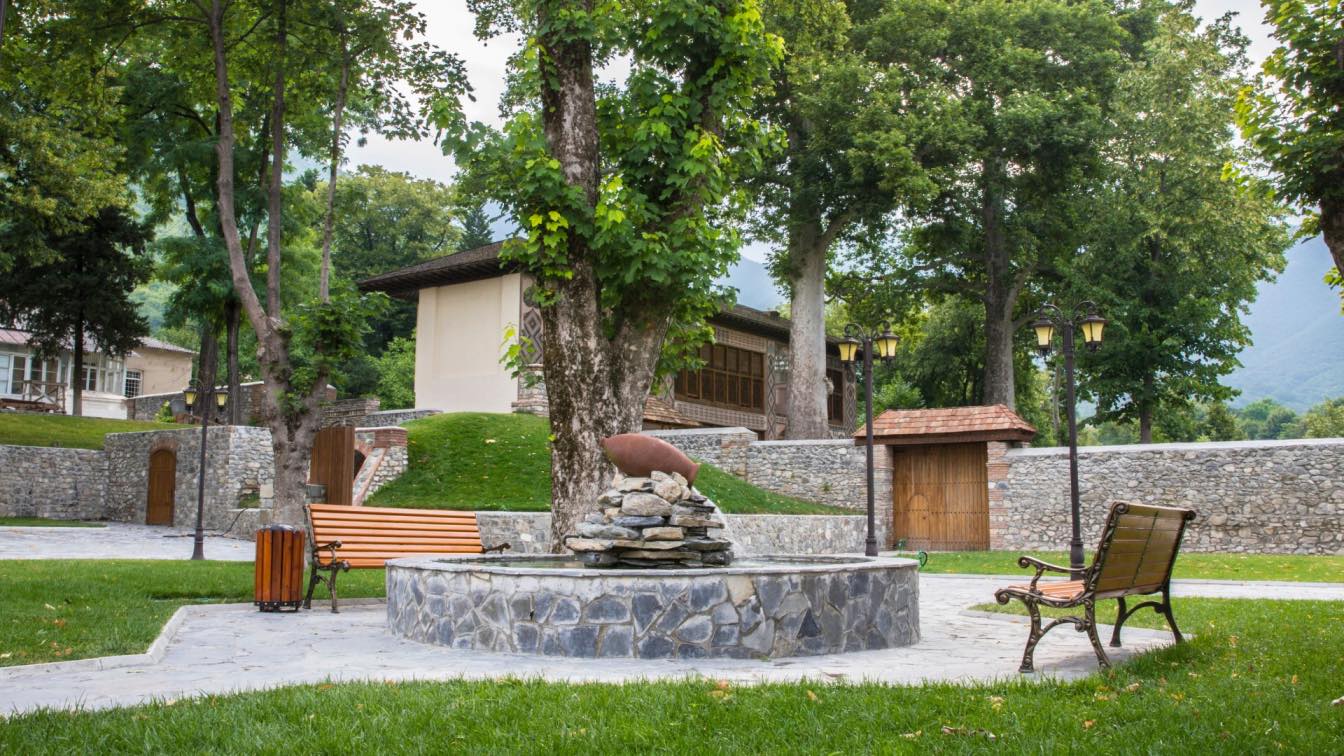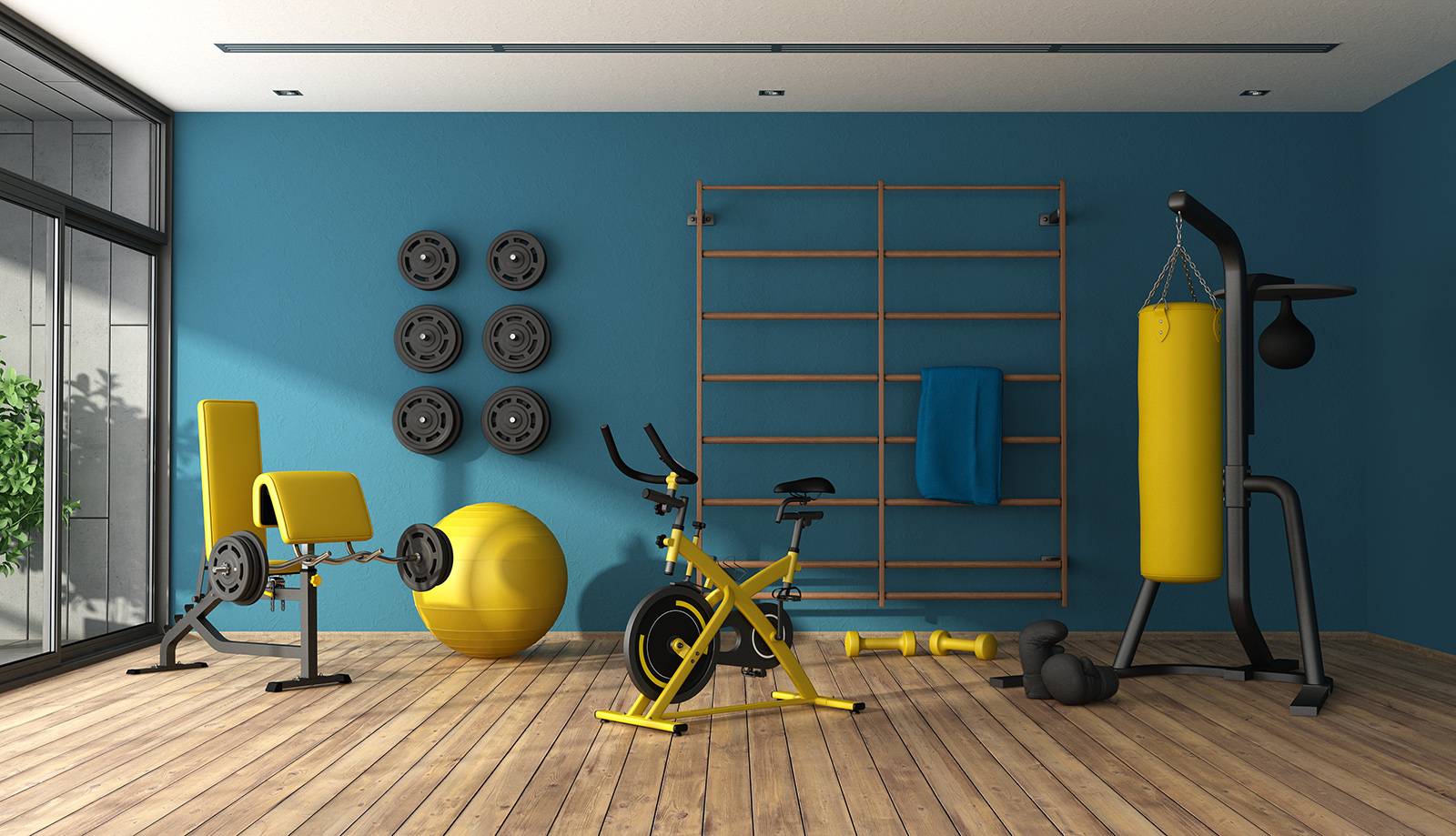Forced-air furnaces are just a thing of delight; there is so much delight in such a device. Here, we will present to you some things you should know about this great thing so that you know how it operates and what it can bring to a household.
Understanding the mechanics and advantages of forced-air furnaces is crucial for any homeowner, and for those considering an upgrade, opting for the best furnace installations can enhance your home's efficiency and comfort.
How does it work?
Forcing hot air into the home is the primary function of a forced-air furnace. A cold air intake vent in each room enables chilly outside air to be drawn into the heating system. Afterward, either natural gas, propane, oil, or electricity is used to provide the necessary heat. The heated air travels via one set of ducts, is distributed to the rest of the house by the fan, and is then distributed to each room via the heat registers. Slats in the heat register may be moved to control how much warm air enters a given space. Heating systems that use forced air may be either gas or electric driven.
Electric furnaces have air pumped into the system and warmed by a heat exchanger. Then, the air is heated by the elements and pushed into your house by the blower. The ducts will subsequently provide conditioned air to every room in your house. The electric heating elements, cold air return, air filter, blower, motor, ductwork, and belt are all necessary components for the electric furnace to function.
How to choose?
The heating system you install in your house should be selected with current and future needs in mind. Forced air heating might be more of a challenge in older houses without ducting. In such a situation, you might attempt something like a ductless system or add ducting (which may or may not work, depending on the configuration). It may be easier to install central air conditioning without a furnace if you already have ducts in place.
A trained expert's touch is often necessary for the optimal system for you. If you attempt to make these decisions without expert assistance, you run the risk of purchasing inadequately sized equipment. For example, the folks at Action Furnace explain that at the very least once a year, preferably in the fall before the heating season starts, you should have professional service come and examine your furnace. Until then, you can check out their Alberta furnace buyers guide and learn some more important facts. You need to ensure that the furnace you select can effectively heat your home. In general, you should spend between $30 and $60 Btus on a forced air furnace for every square foot of area you need to heat, but in colder climates, you may anticipate spending closer to $60 per square foot.
You need to maintain it
As a responsible property owner, you should do routine maintenance on your heating system. Many people don't take action until they've already encountered a problem. Nevertheless, most issues are discovered after a significant loss has already occurred. It makes no difference whether your equipment is used nonstop for seven days or sits idle for a few weeks if any problems are identified and corrected before they cause significant damage. In order to save money and time, checking on your gadget more often is preferable. This is because early detection of damage will allow you to have it fixed for less money and in less time.
How much will it cost?
You may be wondering how much your heating system will set you back. Several factors affect how much a furnace will cost, including where you live, what kind of unit you want, how big your house is, what brand of furnace you choose, and how professionally it's installed. For instance, if substantial wiring or ductwork is required in your house, the price of installing a heater might go up.
It's also worth noting that the installation of a furnace may need local building permission in certain communities. The price for this might range from $50 to several hundred dollars. Don't forget that the city or town may have some additional requirements as well. Always make sure you're following the rules by researching the regulations in your area.
The cheapest furnace isn't usually the best furnace, as a rule of thumb. Nevertheless, your furnace has an important responsibility to keep your family warm and cozy at home. Choose a good furnace that won't only keep you warm but also save you money on energy costs, upkeep, and more in the long term.
Electric or gas?
Although natural gas is the more common fuel source, electric furnaces are also commercially available. The primary distinction is in the roles they play and the total expense over time. A gas furnace uses fuel to create heat, which is then used to warm the circulating air. Since carbon monoxide is produced as a consequence of the fuel-burning process, it must be released into the atmosphere.
There is also some inefficiency since burning fuel isn't completely effective. Most modern furnaces have an Annual Fuel Utilization Efficiency rating between 80% and 95%, indicating a high level of efficiency.
Although initial investment costs are higher for fuel-burning furnaces, the long-term cost is far lower. In comparison to the price of electricity, fuel is far more affordable. Electricity for a furnace may cost up to 2.5 times as much as natural gas, according to estimates from industry experts. Of course, you could need to install a line or go with a different option if your house isn't wired for gasoline.
How to know if it needs repairs?
- If any of these things describe your furnace, it may be time to call in the pros:
- Abnormal sounds may be heard from it.
- The vents in the ceiling are blowing icy air.
- The supply registers are not releasing air.
- The monthly cost of heating your home has been steadily rising.
- Incessant cycling off and on of your heating system
- The temperature within your house has become uneven.
Experts can diagnose the problem with your furnace and provide repair recommendations on the spot. They'll be able to walk you through the procedure and suggest a system that'll be optimal for your house.
What is the lifespan?
You may get 15–20 years of use out of a well-maintained heating system. Follow the maintenance procedures to maintain your furnace in good operating condition, and remember to have experts check it out once a year to ensure it stays that way.
Choosing a forced air heating system doesn't have to be a daunting task. There is no need to spend time poring through user guides and debating which product is superior. Once you grasp how everything fits together, identifying your requirements will be a breeze. You may get an estimate and ask questions about home heating choices by setting up an appointment with a professional provider.

